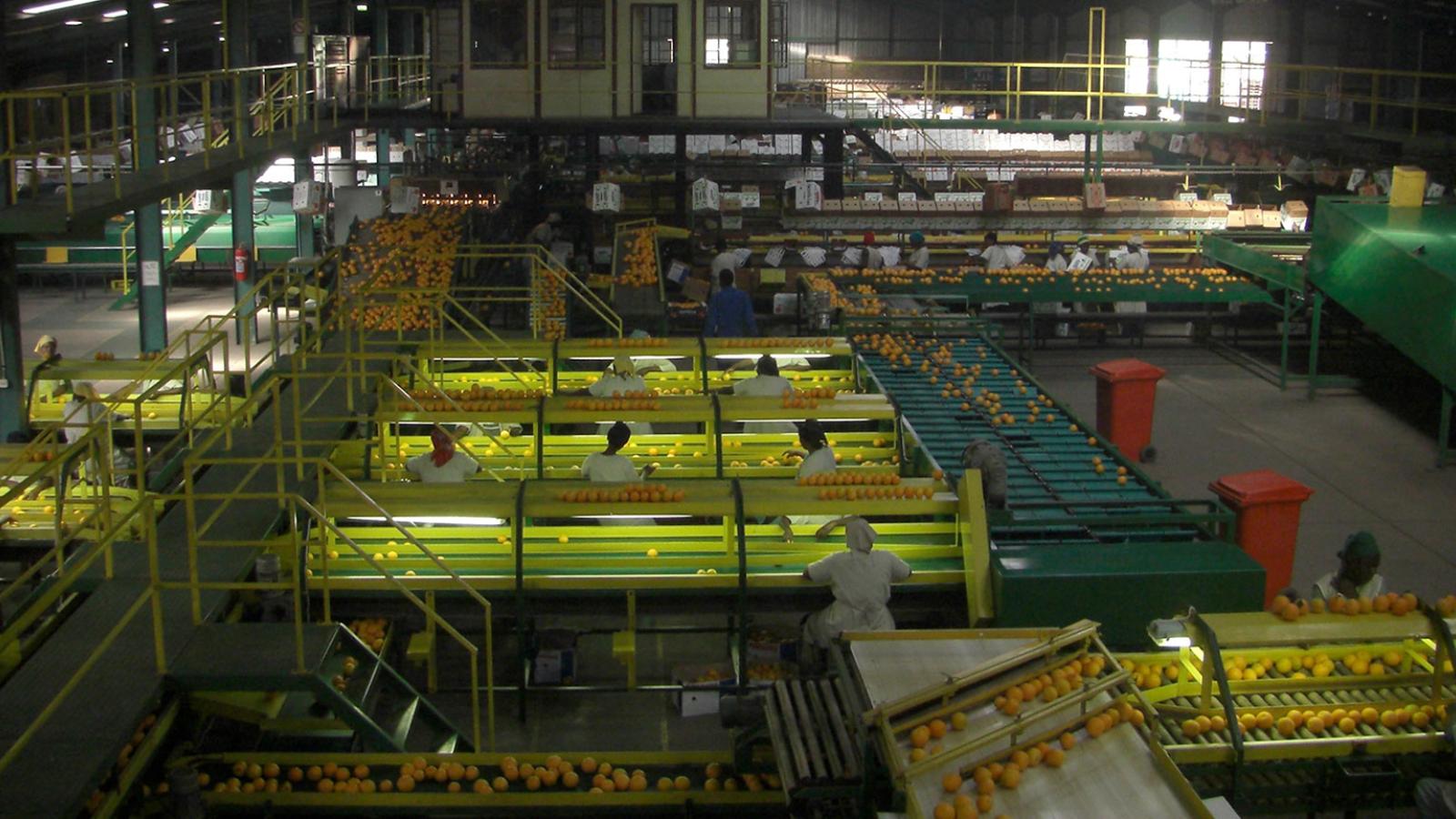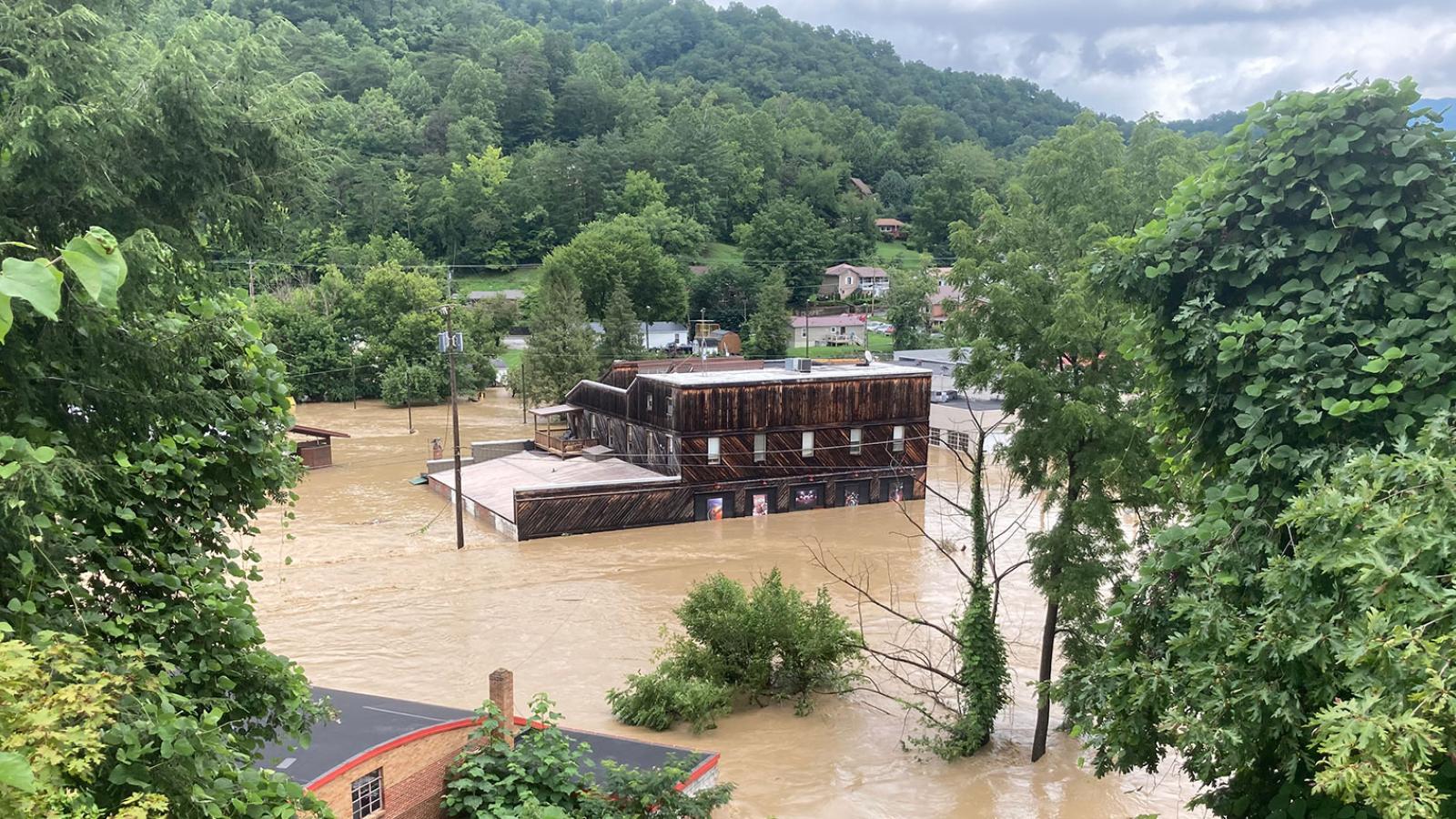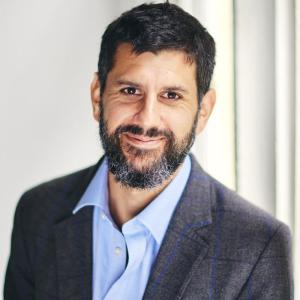Understanding the world through the lens of ‘work’
From Ugandan scientists to Syrian refugee educators, South African state officials to former US coalminers, a roundtable on ODID’s richly diverse ethnographic research into “work” highlighted critical insights into lives, communities and events yielded by this approach.

The sheer diversity of ethnographic research on work in ODID is striking. Showcased at a roundtable event in Michaelmas term, the research has been anchored in a seminar programme on the Social Life of Work, and more recently in our Ethnographies of Work writing group. It includes a critical mass of doctoral and early-career projects, as Professor Nandini Gooptu and I reviewed at the roundtable, and as reflected in a series of research presentations.
This is not a labour studies group. We define work very widely, and with an eye to implications for other research interests, and we do not centre a conventional “labour” perspective. This is not, in other words, a group that starts with factory shopfloors and then applies insights to other activities. Instead, we start from the different activities that people in different settings recognise – and often valorise – as work. We explore what gives those activities and that recognition meaning. And we investigate other forms of effort, creativity and personal commitment that run orthogonal to, alongside, or submerged beneath “work” as it is officially defined.
Embedded fieldwork to profile working lives
This broad theme has a particular character because of the shared emphasis on ethnography – embedded fieldwork in which we participate in and strive to understand people’s everyday lives. Here, too, we are plural and open. Our members have done fieldwork with a range of methods and approaches – some with greater weight on observed practices, others greater attention to recorded words. But ethnography also refers to the writing that follows from such grounded, open-ended orientations to qualitative research, and we have reflected together on how we craft interpretations and arguments. The breadth of our approach to work is mirrored in the breadth of perspective and the flexibility of analysis demanded by ethnographic investigation and writing.
That breadth was in evidence in the roundtable, in presentations on three research projects. DPhil student Sam McQuillen revealed the importance of work to deriving better measurements of multidimensional poverty than are currently available for Appalachia in the United States. Appalachia is a region where coal mining has been central, and Sam has grappled with its legacies. Deprivations, he has found, crucially follow from communities’ histories of coal employment – as fundamental as the lack of usable road systems and common spaces, and vulnerability to flooding.

DPhil student Josh Parker Allen took a work lens to examine how scientists create biomedical knowledge in Uganda. His research has explored commitments to professional practice and scientific value among scientists in Uganda and those variously located in the Global North. This has revealed the work of navigating institutions and relationships, an international political economy of funding, and an environment where political dynamics are downplayed. Research fellow Hiba Salem cast the experiences of Syrian refugees in Jordan in a fresh light, by focusing on the work of educators in schools. From an embedded perspective, she has shown what makes a good teacher in this setting. Central is the work of sustaining a classroom environment protected from the forms of violence and risk to which refugee learners are otherwise exposed.
Aspirations, expectations and recognition for work
In the broader group, some of us have taken the question of “being a worker” head-on. In all cases, being, and being recognised as, a worker is fraught. It collides with other labels, understandings and realities. Rural migrants in factories, industrial parks and hotels in Mexico reckon their status as workers against disappointment based on educational expectations. Zimbabwean migrants on commercial farms in South Africa read their lives as workers against experiences of precipitous socio-economic decline. Participants in a public work programme in Johannesburg are depicted by others as mere beneficiaries and volunteers, not workers. In an industrial zone outside Cape Town, participants in skilling programmes as would-be workers know that actual jobs are out of reach. Imaginaries other than as workers may even more powerfully shape worlds of work. ODID researchers focusing on refugees in Sicily have shown the overshadowing effect of "illegality" – not merely a designation of irregular employment, but a signal of brokerage practices associated with the mafia. Even as informal brokerage remains necessary to find work, the mafia context leads people to insist on recognition in a register of formal employment.
A different strand explores professional work, professionalism, and its commitments and stresses. In Lebanon, NGO administrators’ efforts to sustain their professional jobs in civil society mean negotiating their alignment with patronage structures and political networks. South African access-to-justice lawyers understand their professional roles as caught between law that is too rigid to recognise marginalised clients’ circumstances, and clients who misunderstand how to present themselves compellingly. In the same country, state officials are caught between the hope of working in a post-apartheid redressive system and the daily reality of standing for anachronistic laws and processes.
Politics and identity shaped by work values
And we travel upstream from professional work, into the long preparation for Indian civil service exams through a whole industry of coaching centres, where hopefuls fashion themselves as “serious”, apolitical, and not prone to questioning the system. This is one example of ODID research on work in the making of political subjectivities – forms of identity and perception that shape engagement with democratic politics – in India. Political consultants bring corporate professionalism and its market-oriented values into party politics, while campaign professionals depoliticise their own work by rendering their opinions as technocratic, objective data. In a context of liberalisation, the wealthy enclave themselves, and private security guards are trained and disciplined into a culture of “servility” underpinned by vulnerable employment arrangements. Critical perspectives persist, of course. Branding, corporate norms and workplace culture frame young urban retail workers’ aspirations and self-understandings – but workers condemn what they are implicated in, as bound up with an inauthentic, opportunistic political culture. A culture of entrepreneurial gig work absorbs and orients critical sensibilities: in Mumbai, the virtual infrastructure of food delivery apps is profoundly shaped and sustained by reviews, the work of the discerning consumer.
The vibrant discussions that have come from ODID research on ethnographies of work testify to how we connect a wide range of interests. Collectively, conversations have emerged on the role of work in making and sustaining institutions, the complementary work of making knowledge, and how these in turn set the terms of work. Our approaches have explored forms of constraint, control or marginalisation, of course, but also how people are made, how they make themselves, and how they are viewed, through work of many different kinds.
This post draws on an ODID Research Roundtable on ethnographies of work held in Michaelmas Term 2023. ODID Research Roundtables are intended to create productive conversations around shared intellectual interests, methods, and practices in the department. Each roundtable seeks to cut across the department in terms of the seniority of speakers, disciplines, geographical regions, and the location of participants in degree programmes and research groups.

